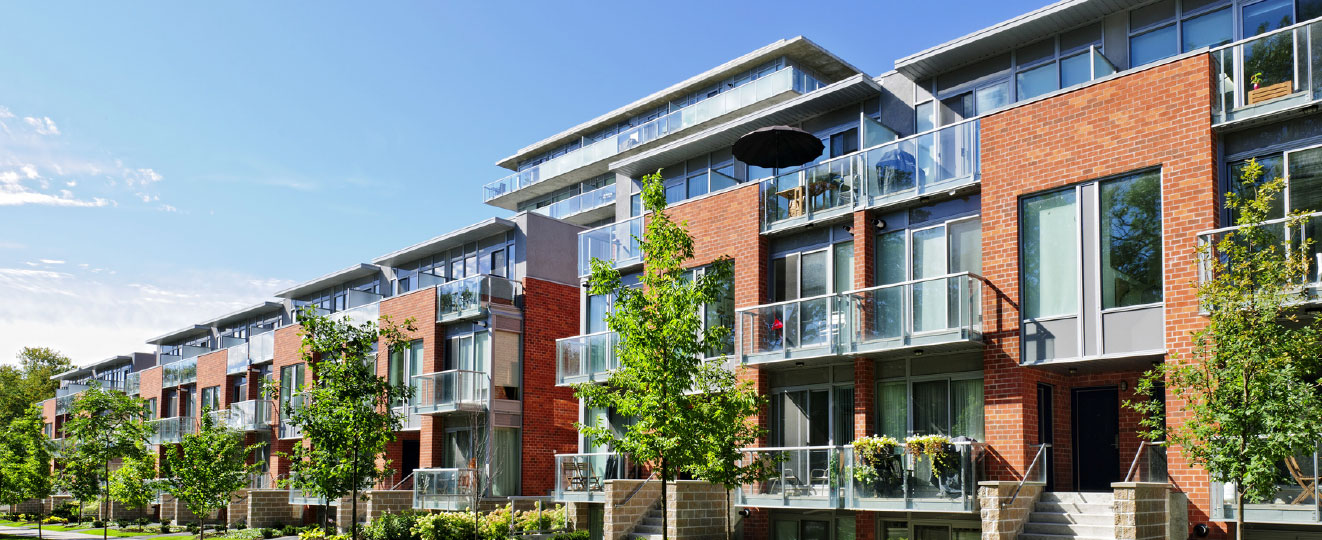How Your Business Can Implement Eco-Friendly Spring and Summer Landscaping this Season

Climate change continues to be a predominant issue for Canadians and many people are unaware that these changes are due to the environmental effects of burning fossil fuels like coal, oil and gas increasing the amount of carbon dioxide into the air – often large corporations and factories.
As drivers of economic growth and therefore, climate change indirectly, corporations and organizations should have a responsibility to be environmentally conscious and reduce their carbon footprint as much as possible.
Since Clintar works with numerous Fortune 500 companies, corporations and governmental organizations, we strive to support our clients by providing landscape and property maintenance solutions that are economical and environmentally efficient.
When people think of landscaping, they often think about the spring and summer seasons to start, here are some of the eco-friendly landscaping practices we implement regularly and can be initiated at your business as soon as this season:
Preventing Water Runoff: By using plants and materials that work with the natural elevation of the property, runoff water can be reduced, as well as the amount of pollutants and particles entering the soil and water.
Promoting Water Conservation: Installing the right drainage system for a property keeps plant life and turf areas naturally hydrated. It also decreases the need for irrigation and reduces the resources required to maintain the property. Investing in a high quality water-conservation and irrigation technology such as UgMO are key to being an environmentally conscious organization.
Protecting Soil: Planting the appropriate plants in its ideal locations for a solid root system that can stabilize the soil and slow the process of erosion will decrease future work for landscaping staff and impress clients as well.
Integrated Pest Management (IPM): At Clintar, we practise IPM as frequently as possible. It is a process used to control pests while minimizing risks to humans and the environment. By incorporating various techniques involving biological, cultural, mechanical, physical and chemical controls, we can suppress the pest population in the most environmentally-effective way possible.
Other Every Day Practices
Conservation: One way to conserve resources for businesses and organizations that rely heavily on travelling is to plan the most efficient routes in advance. This limits idling time, improves fuel efficiency and reduces carbon emissions. If your organization has the budget, it may also consider launching company branded hybrid or electric vehicles, which are not only great for the environment, but excellent in reducing travel expenses – something Clintar has recently initiated as well.
Waste Reduction and Safe Disposal: Use only what is required. Recycling can go beyond your basic paper products and include items such as organics like shrub clippings, soil, concrete and asphalt.
Instead of disposing of unwanted plant and tree materials, Clintar recycles them by chipping them into mulch. In perennial and shrub beds, wood mulch can reduce the need for irrigation by as much as 50 per cent. Furthermore, mulching materials that are mixed together are more effective at reducing water evaporation from the soil.
Quality, Energy Efficient Equipment
The integration of battery-operated, hybrid and energy-efficient equipment will help reduce an organization`s carbon footprint and GHG emissions into the ozone layer. Furthermore, there are many economical options available that can help decrease annual expenses on landscaping and property maintenance. Some of the equipment Clintar has invested in over the years to reduce our own carbon footprint include the use of hybrid vehicles, battery-powered equipment and state-of-the-art water conservation technologies.
For questions on any of the eco-friendly landscaping practices mentioned above or how you can implement other initiatives at your business, leave me a comment below or reach out to your local franchise.











